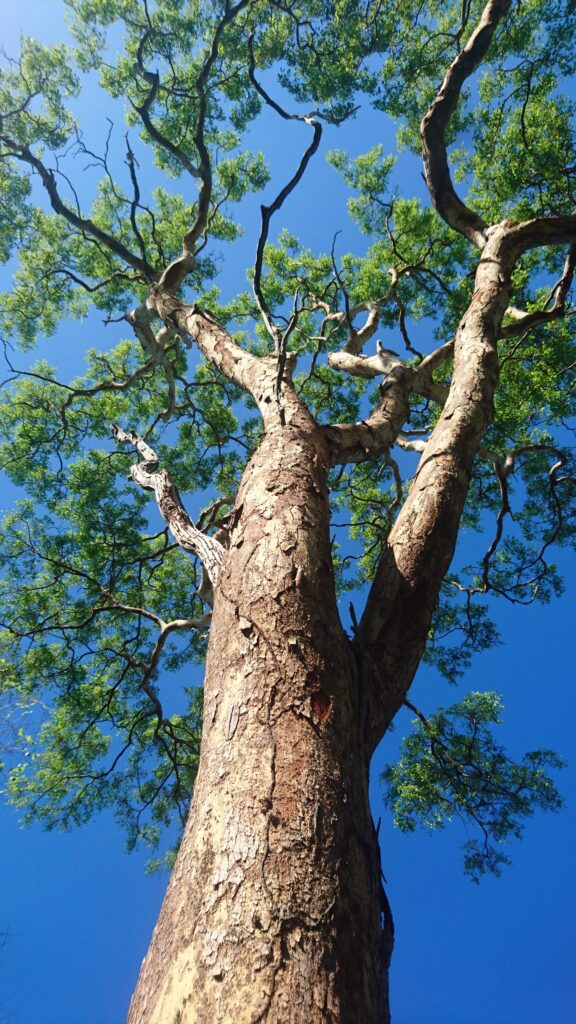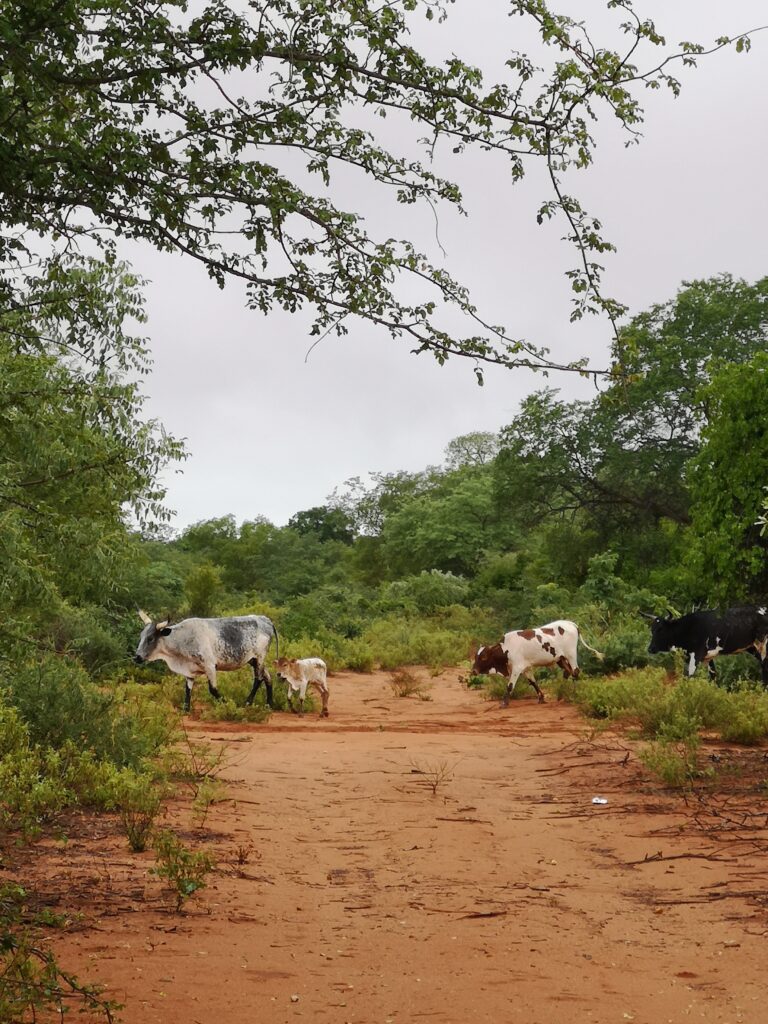Prospective Ph.D and M.Sc students
If you are interested in doing a PhD in the LANDteam there are a few different ways to make that happen:
Many students come through the E5 DTP, which is based here in the School of GeoSciences. This is mainly open to students who are resident in the UK, but now there are some slots for international students. Nearly every year I advertise projects for the E5 DTP. Project are normally advertised in Oct /Nov with interviews in Jan/Feb for a start in Sept.
For non-UK students, there are University scholarships that might be suitable. See here. There are also lots of non-University scholarships, such as the Commonwealth ones that we have had success with in the past. For these you will need to develop your own project idea, so please contact me early on in the process.
I always welcome inquiries from potential PhD, M.Res or M.Sc students interested in land use change, ecosystems ecology and the dynamics of socio-ecological systems. Taught M.Sc students should contact Casey if there are interested in doing their dissertation projects on a related topic. For Edinburgh-based MSc students, I maintain a list of potential projects here.

Photo by Ellie Wood.
Qualifications and experience
To give you a rough idea, generally to get to the interview stage of the DTP you will need either a 1st at undergraduate or a distinction at MSc. However this is not a hard and fast rule and professional experience, published papers/reports, successful field work, and good grades in dissertations etc are important too. Competition for university scholarships is at a similar level. The PhD gives you time to learn new methods and concepts, so I tend not to worry about applicant’s disciplinary background – it is the ability, enthusiasm and stubbornness to learn that matters.
Inter-, multi-, or trans-disiplinary? ¯\_(ツ)_/¯
Land system science nearly always need multiple methods, multiple ways of thinking about the world, and borrows, steals, and adapts concepts from many different disciplines. Ecosystem ecology likewise requires a broad knowledge of many natural sciences. So, I’m particularly interested in people who seek broad understanding of a topic and are not afraid to be undisciplined and trespass into other fields. I’ve had lots of students with natural science backgrounds do amazing projects that mix social and natural science. Some of the best scientists in my field have backgrounds as different as physics or political science.

Photo by Peter Hargreaves.
There is however a limit to what I can supervise effectively! e.g. for projects with a strong social science component, I will make sure there is a co-supervisor who has a background in these methods.
Fieldwork
I believe that fieldwork is essential for socio-ecological science. For many of the projects I supervise, an understanding of the social context of the site is essential. However, as your PhD is a studentship, not an exercise in data collection, you will need to balance the time you spend in the field with time here in Edinburgh, interacting with colleagues and attending our seminar series, group meetings etc. This means that projects that I supervise try to avoid very long periods away from Edinburgh (e.g. >4 months for an individual trip). The iteration of methods-data collection-analysis needs to be a continuous for the production of novel research. So I encourage several shorter repeat trips throughout the first two years rather than long stints away.
Reproducible science
We would all like science to be transparent and reproducible. That’s what we aim for, but it takes hard work! I will expect you to spend time documenting your analysis, making it transparent and repeatable, and where appropriate using versioning tools and repositories to make it public. I encourage “good enough” practices in scientific computing.
Numeracy and scientific computing
Numeracy is key to successful research in nearly all the areas I work in, so I try to provide a lot of tailored support in this area. To be able to extract useful information from large data sets you will need to learn to use a computer programming language. Which one doesn’t really matter – we all have personal preferences – and all have strengths and weaknesses. You will find lots of colleagues here in GeoSciences who work with R and Python and a few who use other languages. You will need to put time into learning a language right from the start of the PhD. Like learning a spoken language, this takes time and persistence. Most of my group use R, and those doing remote sensing use Python. We have developed code libraries and tools in both these languages, so you will be able to build on the work of others.
What you can expect from me
- I run a sociable, supportive group, that meets every 1-2 weeks to talk about methods, recent papers, share expertise or practice talks;
- As well as discussing the science, we support each other to develop broader skills— for example writing and coding, giving good talks and ways to publicise our science.
- I help students identify the skills the need to learn and then provided tailored support and regular feedback to help this happen;
- I will support you to take ownership of your project early on, and shape it to meet your needs and interests;
- I will help you set realistic short term goals, to build confidence especially at the start of the project;
- I will give you honest, constructive feedback;
- I will try to get drafts back to you with 2 weeks (usually much less), or let you know if this is not possible.


Comments are closed
Comments to this thread have been closed by the post author or by an administrator.